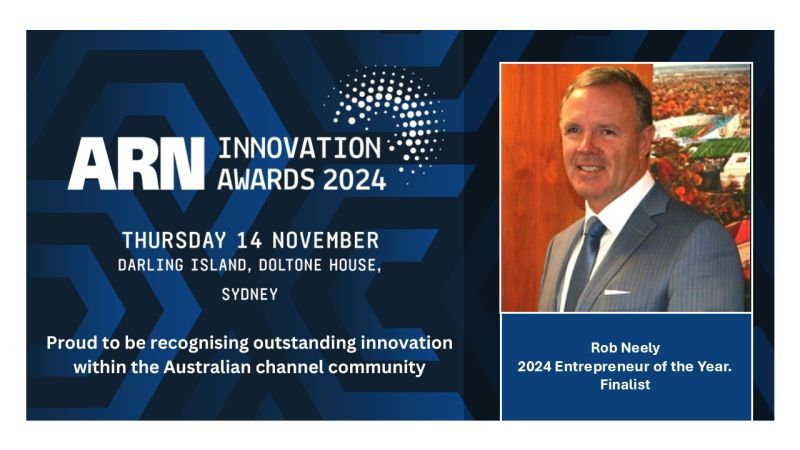Australia's surge in scams reveals cost is far greater than financial losses.
Australia's surge in scams reveals cost is far greater than financial losses.
By Rowena Valeria Carpio, Thomson Reuters
Regulatory Intelligence Analysis
Speakers at the recent Scams Summit in Australia expressed a unified sentiment on several pressing concerns regarding the A$3.1 billion per-year problem of financial scams. These include the rise in financial scams driven by the surge in online marketplaces, as well as the shift to the New Payments Platform (NPP).
With the growth in NPP use, the faster settlement service (FSS) has further facilitated fraud due to its immediate nature, allowing fraudsters to move illicit funds instantly in a low-friction payments environment. Also crucial among these concerns were the need for greater government support to raise awareness of scams and the psychological impact on victims, a cost that may be unconsidered in many fraud conversations.
Rob Neely, founder and managing director of Sell Securely in Australia, made an urgent appeal to the government to revisit the 2022 scam report released by the Australian Competition and Consumer Commission (ACCC). There was a need to correlate it with other institutions’ findings, and issue an immediate call-to-action, he said.
In April 2023, the ACCC said Australians had reported A$3.1 billion in losses due to scams in the 2022 financial year. Research from Securely found this may be the tip of the iceberg.
“Our research findings told a completely different story. It found what the government didn’t know and that is, two in three Australians have been scammed and didn’t report it,” Neely said.
“So, it follows that the A$3.1 billion that they were talking about may actually be A$9.3 billion.”
To show the impact of A$9.3 billion within the Australian context, Neely compared it to the size of Qantas and furniture retailer Harvey Norman’s revenue. In relation to Australia’s GDP, the amount is “just under 1%.”
The potential scale of losses suggests that, at the very least, Australians are losing A$60 million per week to scams based on the A$3.1 billion figure. Neely said Australians could be losing A$178 million a week, according to Sell Securely’s data.
Amid these losses, the government committed A$86 million to crack down on scams.
Government engagement
Neely immediately sought an audience with Stephen Jones MP, assistant treasurer and minister for financial services, and the head of ACCC’s National Anti-Scam Centre (NASC), to align information from both sides. He sought to develop action steps that could close the gap between the amount and frequency of scams and the productive interventions from all sectors, led by the government.
None of Neely’s repeated attempts to hold a meeting with the minister or the head of NASC ever succeeded, however. He was once in a meeting with a representative of NASC and pointed out the agency’s lack of understanding of the magnitude of online scams, especially through Meta-owned companies, such as Facebook.
“What was alarming … they had no idea what was going on in F




